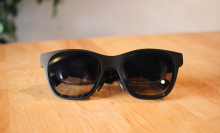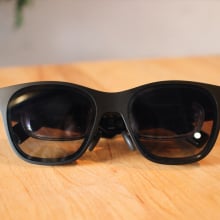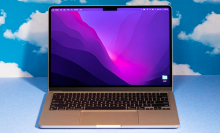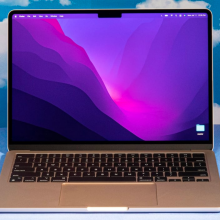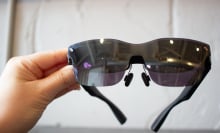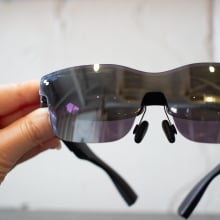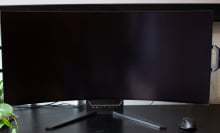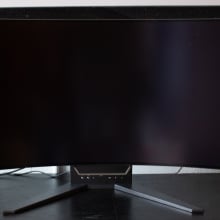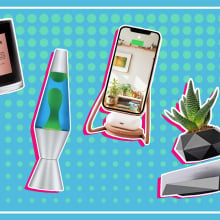If gaming on a PC could be distilled down into just two main points, the first is that the games you play can be more demanding thanks to its inherent power. (As opposed to, say, laptop or console gaming.) The second, though, is that you'll have a pretty overwhelming set of options when it comes to your setup.
The burden of that second thing is on you, and it's a deterrent for a lot of people who consider getting into the PC gaming space. We can understand why — the initial investment that PC gaming requires is huge, both financially and mentally. You have to really take the time to pick out each part of your setup, and then be prepared to drop a pretty penny on all of it. Choosing parts doesn't just come down to what's going in your PC tower, though. You'll also have to put a decent amount of time into choosing accessories like a mouse, keyboard, monitor, and a desk.
While it might not strike you as a vital piece of your PC setup, your gaming desk can actually make all the difference in your experience in terms of comfort and organization. There's a ton of options out there, and finding the one that's right for you and the space you're working with can be an intimidating task.
As you probably could've guessed, we're going to help you out with that.
What should I look for in a gaming desk?
There are a lot of attributes you'll want to focus on while shopping for a gaming desk, but we recommend that you give special attention to these five categories:
Shape and size: Your choice here will usually come down to either an L-shaped desk, or a more traditional rectangular shape. The amount of space you need and how much gear you have (as well as the size of the area you'll be placing it in) will inform what you end up getting.
Surface area: The overall surface area of your desk is super important — all your stuff is going to be on it, after all. Make sure to check the dimensions and be positive that your monitor, keyboard, and other PC parts will fit comfortably.
Other dimensions: You'll also want to take note of all the other dimensions, too. Is there enough space underneath for your chair to fit? Is there enough depth to ensure that you can place your keyboard in front of the monitor?
Storage: Not all gaming desks have storage, and not everyone will need it, but if it's going to double as a workstation or a home for other electronics, you'll want something that can hold all of that stuff.
Add-ons: Take note of any add-ons you want to be included with your desk (or if there are options to customize later). This can range from monitor stands, to headset holders, to adjustable height functions. You might not want or need all the bells and whistles at the moment, but think about the long run and if you eventually see yourself building upon your initial setup.
What size gaming desk should I get?
This will be dependent on the size of your PC setup and how much space you have to spare. Take stock of all the PC parts you have — monitor, tower, and accessories included. If you want to get really creative, lay them out how you'll want them to look on your desk to get an idea of how much space they'll take up.
Also, take a look at the room you'll be putting the desk in. Are you dedicating an entire office to it? Or will it be tucked away in a small alcove? If you have a lot of space to work with, you may be able to pull off a big L-shaped desk that'll give you ample room for the ultimate gaming experience (nothing wrong with keeping it minimalistic, though).
What's the best gaming desk?
Now that you have an idea of what kind of gaming desk will fit your specific needs, picking out your gaming-desk-to-be should be a lot more straightforward. Here are our picks for the best gaming desks you can get right now, each specializing in a different category for a different type of person.

